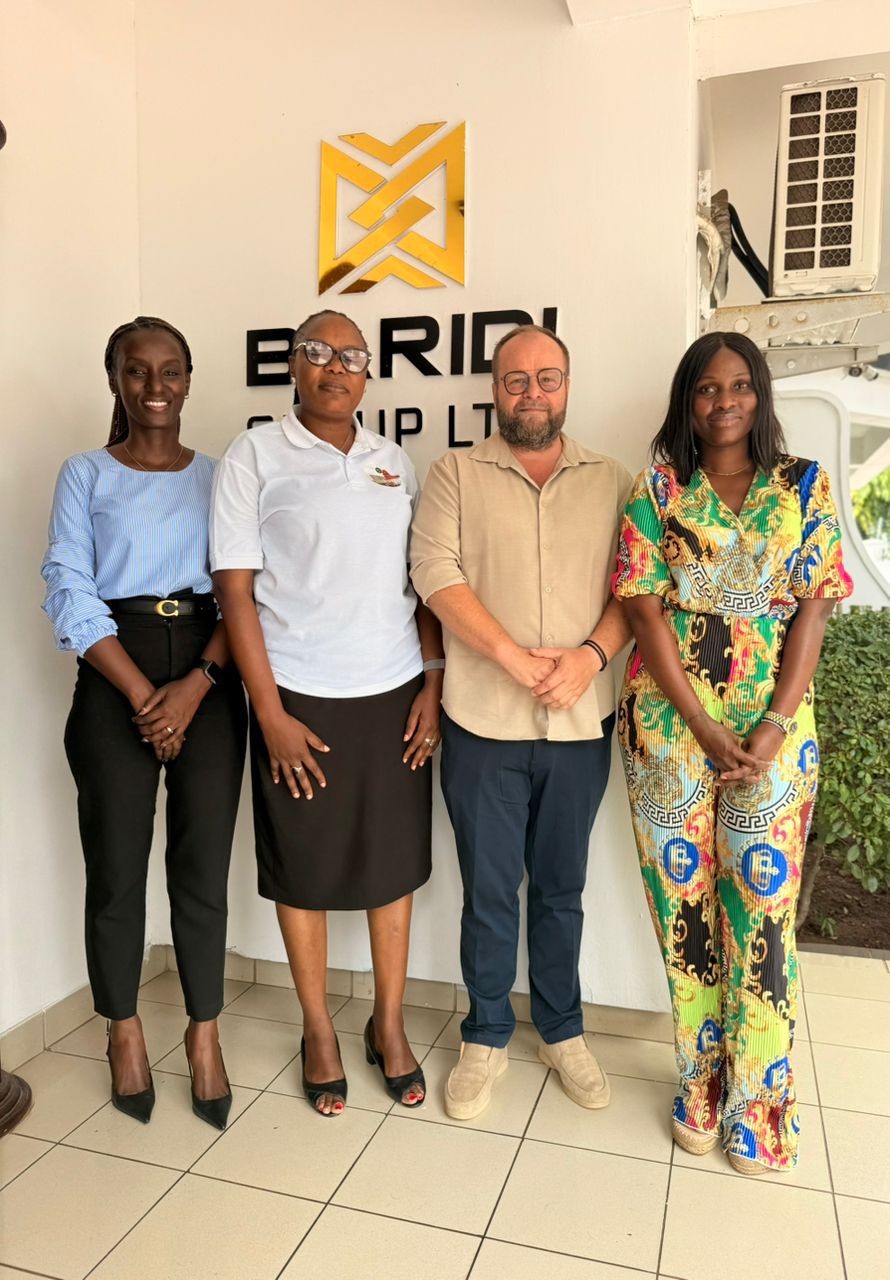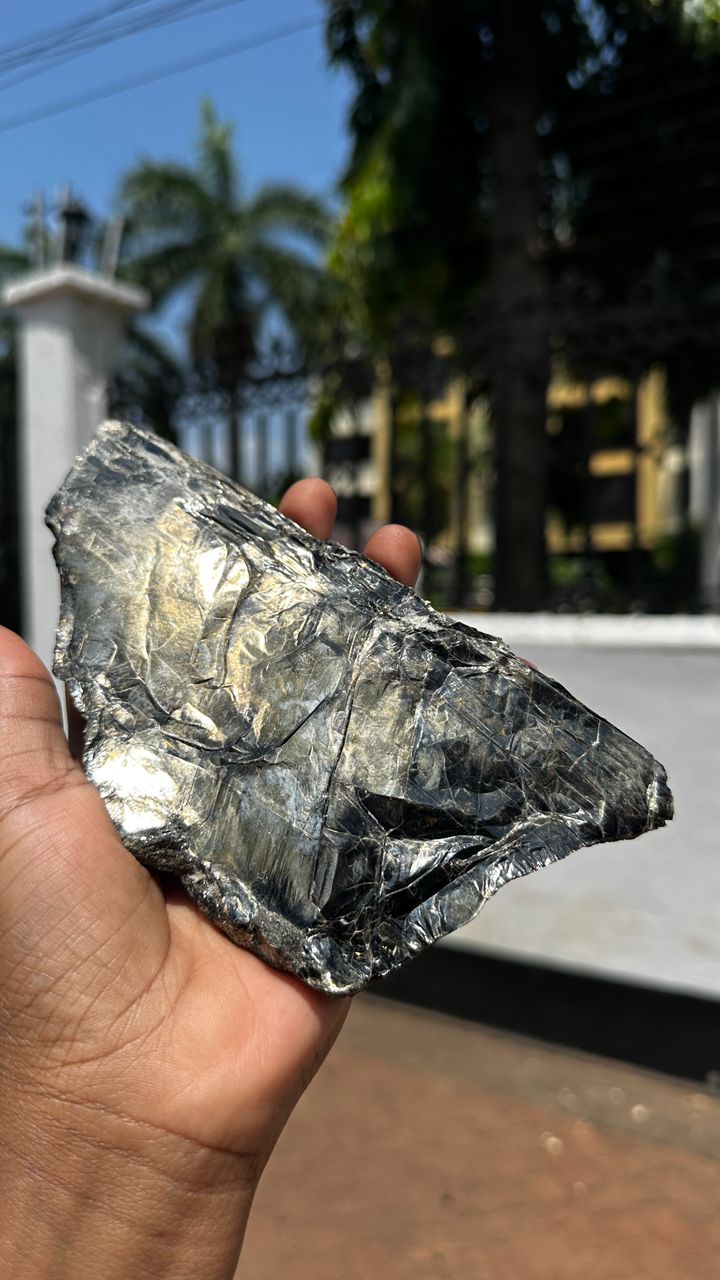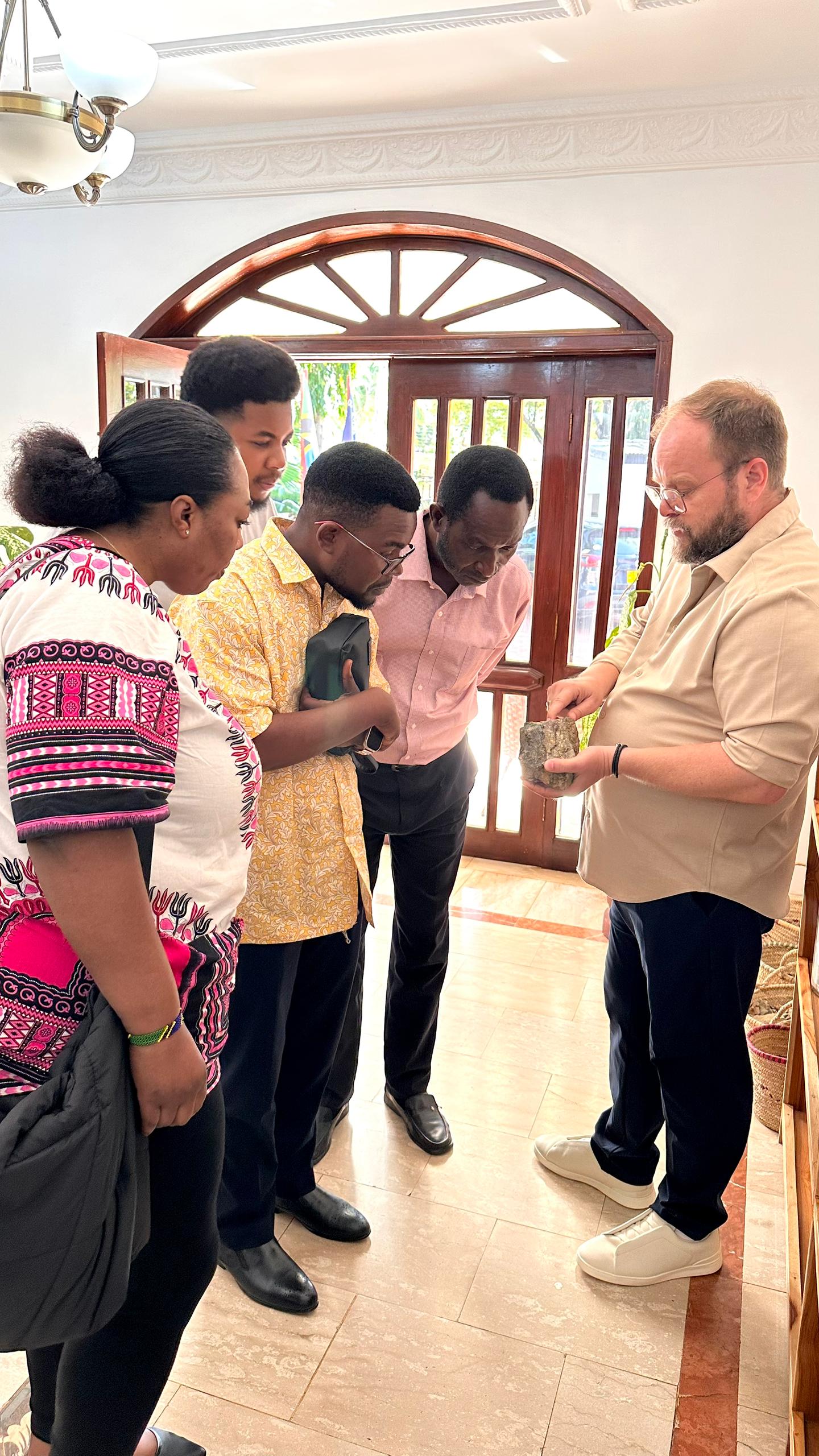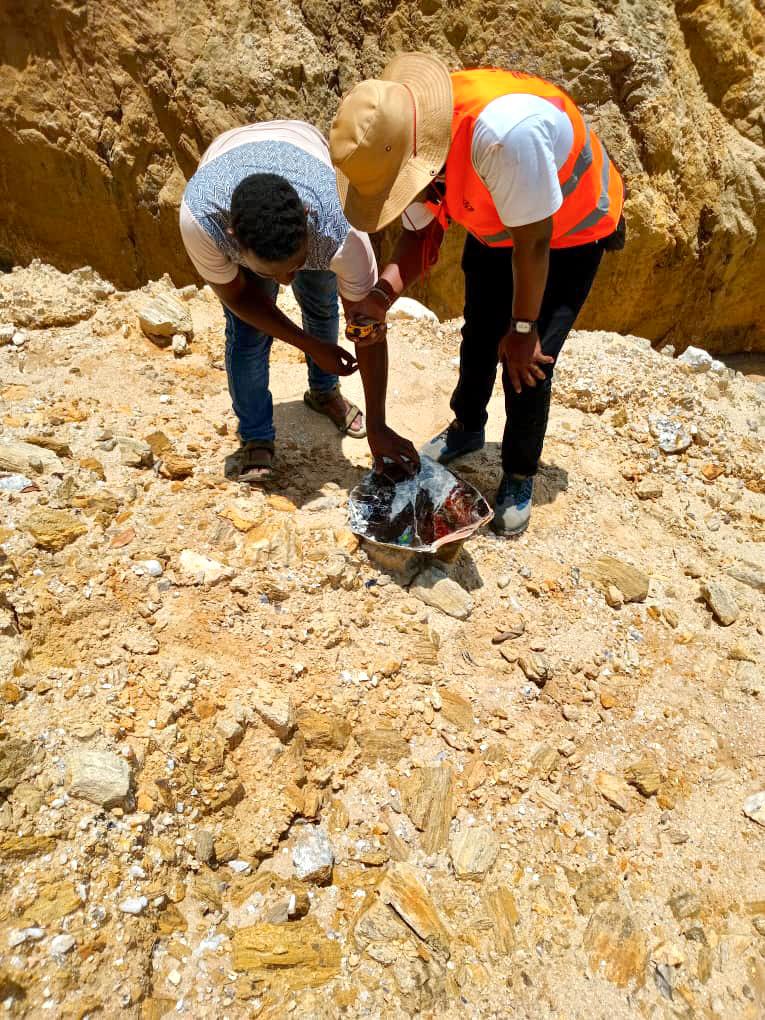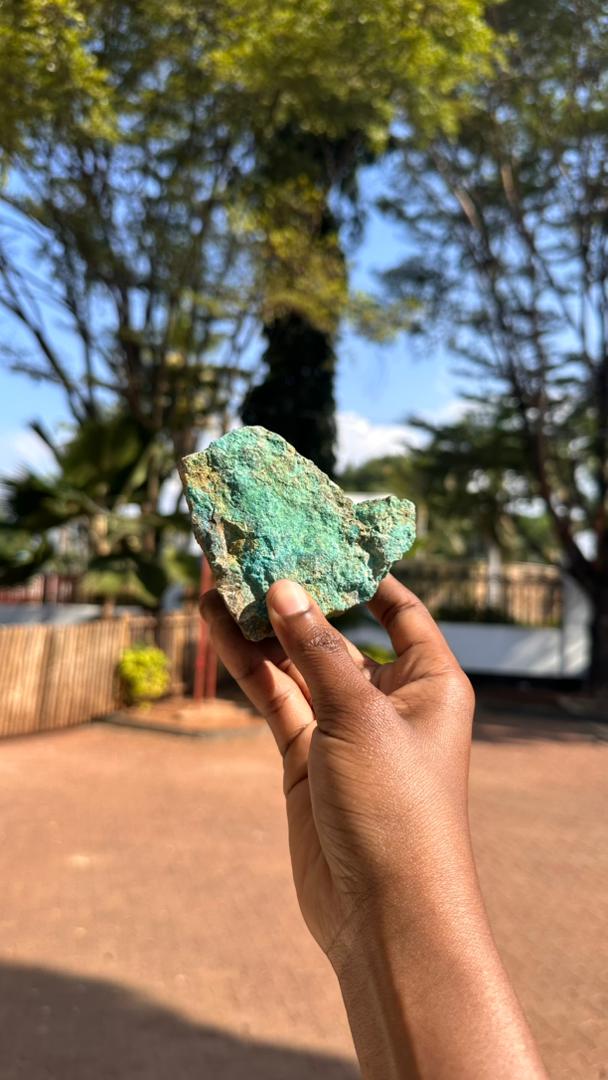
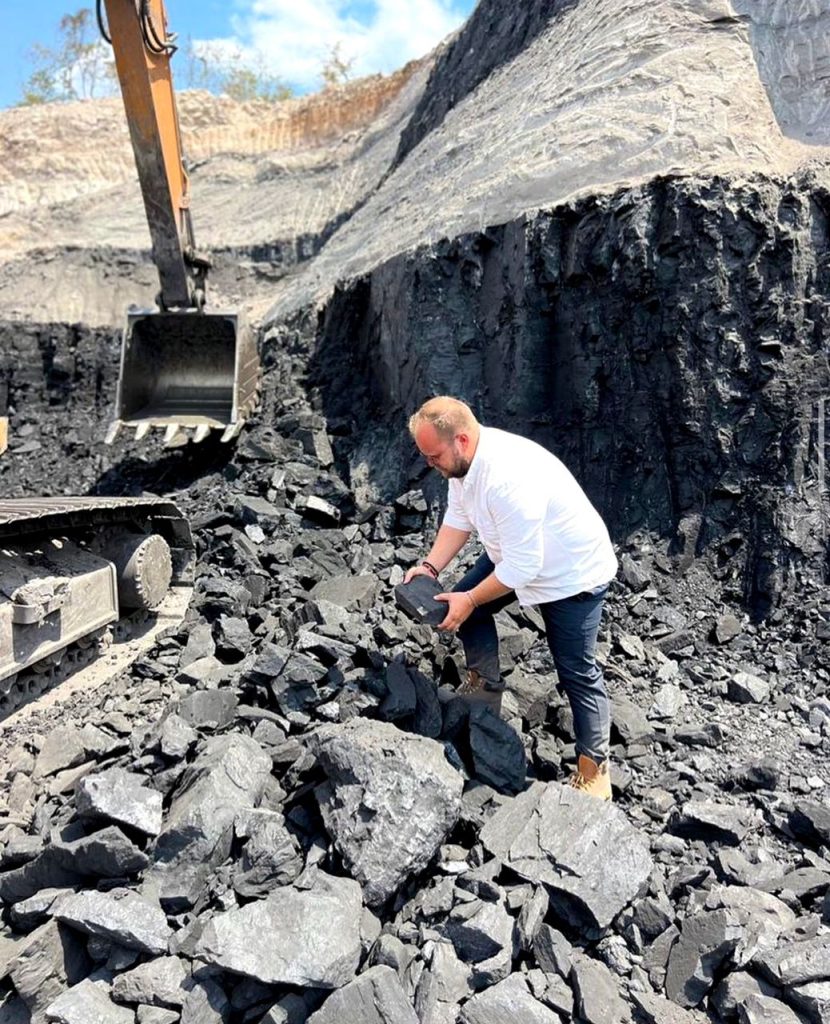
Tanzania’s mining sector holds significant promise due to the country’s rich natural resources, including minerals such as gold, copper, beryllium, coal, nickel, and rare earth elements. In recent years, Tanzania has emerged as one of the key mining hubs in Africa, attracting both domestic and foreign investments. With strategic initiatives from the government and private stakeholders, the future of mining in Tanzania looks poised for growth.
One of the most notable trends is the increased demand for critical minerals. The global shift toward renewable energy and electric vehicles has led to a surge in the need for minerals such as lithium, cobalt, and nickel. Tanzania is well-positioned to meet this demand with its abundant resources. As the world seeks to reduce carbon emissions, the country’s deposits of lithium and nickel can play a vital role in the energy transition.
In addition, the Tanzanian government has been working on reforms aimed at improving the mining environment for investors while ensuring benefits to local communities. Policies that emphasize local content, transparency, and equitable distribution of wealth are expected to foster more sustainable growth in the sector. These reforms will enhance the attractiveness of Tanzania as a mining investment destination.
The mining industry is also increasingly adopting technology and sustainability initiatives. Companies are integrating data analytics, automation, and green mining practices, which contribute to enhanced efficiency and reduced environmental impact. This shift towards more sustainable practices is crucial for the long-term viability of the sector.

